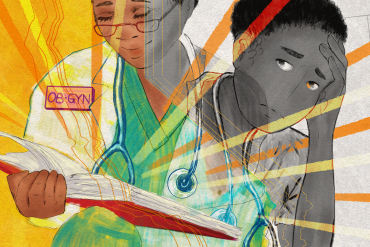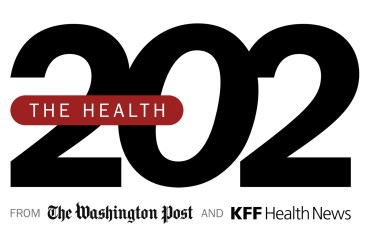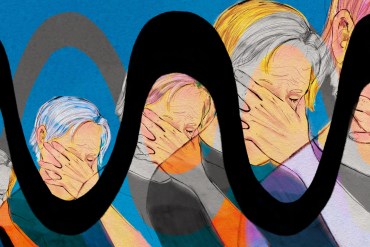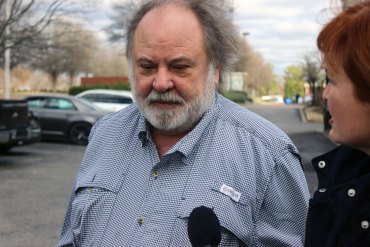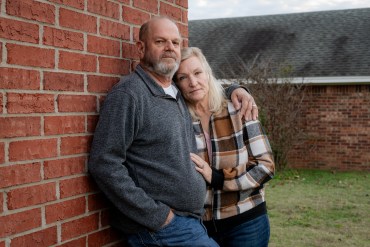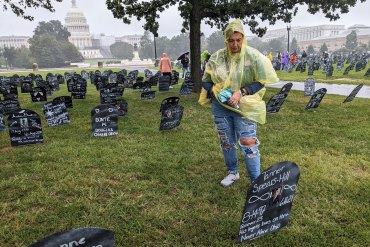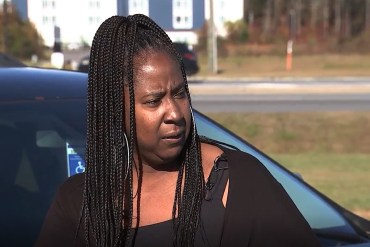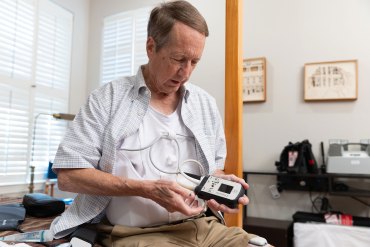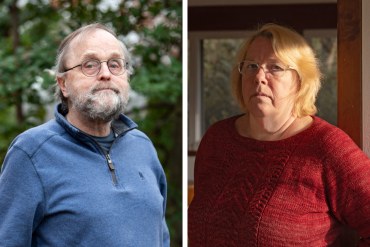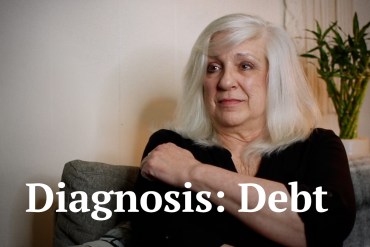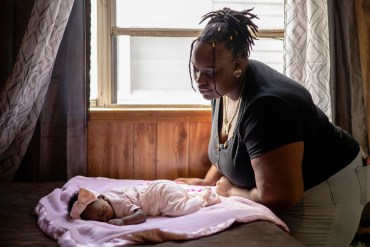Hoping to Clear the Air in Casinos, Workers Seek to Ban Tobacco Smoke
Casinos in several states are fighting efforts to ban smoking, and trying to roll back existing anti-smoking laws. One planned facility even moved outside a city’s limits because of voter-approved smoking restrictions.
California Offers a Lifeline for Medical Residents Who Can’t Find Abortion Training
Abortion restrictions in 18 states have curtailed access to training in skills that doctors say are critical for OB-GYN specialists and others. A new California law makes it easier for out-of-state doctors to get experience in reproductive medicine.
Will CMS Crack Down on Prior Authorization?
There’s the Idaho doctor whose infant daughter developed a brain tumor. A woman in Southern California who waited months for an MRI before dying in the hospital. And a North Carolina patient who has trigeminal neuralgia — a condition so painful it’s commonly called the “suicide disease.” They all have something in common, aside from […]
Rising Malpractice Premiums Price Small Clinics Out of Gender-Affirming Care for Minors
Even in states where laws protect minors’ access to gender-affirming care, malpractice insurance premiums are keeping small and independent clinics from treating patients.
These Patients Had to Lobby for Correct Diabetes Diagnoses. Was Their Race a Reason?
Adults who develop one autoimmune form of diabetes are often misdiagnosed with Type 2 diabetes. Those wrong diagnoses make it harder to get the appropriate medications and technology to manage their blood sugar. Many Black patients wonder if their race plays a role.
Woman Petitions Health Insurer After Company Approves — Then Rejects — Her Infusions
Even people with good insurance aren’t guaranteed affordable care, as this KFF Health News follow-up to one patient’s saga shows.
Patients With Narcolepsy Face a Dual Nightmare of Medication Shortages and Stigma
It’s been more than a year since the FDA declared a national shortage of Adderall, and it’s affecting more than just patients with ADHD. Those with narcolepsy, a much rarer condition, are often treated with the same medication. Without it, they’re often unable to drive or function as usual.
Can Family Doctors Deliver Rural America From Its Maternal Health Crisis?
Family medicine doctors already deliver most of rural America’s babies, and efforts to train more in obstetrics care are seen as a way to cope with labor and delivery unit closures.
Mental Health Courts Can Struggle to Fulfill Decades-Old Promise
Mental health courts have been touted as a means to help reduce the flow of people with mental illness into jails and prisons. But the specialized diversion programs can struggle to live up to that promise, and some say they’re a bad investment.
‘AGGA’ Inventor Testifies His Dental Device Was Not Meant for TMJ or Sleep Apnea
The FDA and Department of Justice are investigating the Anterior Growth Guidance Appliance, or “AGGA.” TMJ and sleep apnea patients have filed lawsuits alleging the device harmed them. Its inventor now says the AGGA was never meant for these ailments.
Cancer Patients Face Frightening Delays in Treatment Approvals
Delaying cancer treatment can be deadly — which makes the roadblock-riddled process that health insurers use to approve or deny care particularly daunting for oncology patients.
The Year in Opioid Settlements: 5 Things You Need to Know
In the past year, opioid settlement money has gone from an emerging funding stream for which people had lofty but uncertain aspirations to a coveted pot of billions being invested in remediation efforts. Here are some important and evolving factors to watch going forward.
Deep Flaws in FDA Oversight of Medical Devices, and Patient Harm, Exposed in Lawsuits and Records
Thousands of medical devices are sold, and even implanted, with no safety tests.
‘I Am Just Waiting to Die’: Social Security Clawbacks Drive Some Into Homelessness
The Social Security Administration is reclaiming billions of dollars in alleged overpayments from some of the nation’s poorest and most vulnerable, leaving some people homeless or struggling to stay in housing, beneficiaries and advocates say.
Patients Facing Death Are Opting for a Lifesaving Heart Device — But at What Risk?
The HeartMate 3 is considered the safest mechanical heart pump of its kind, but a federal database contains more than 4,500 reports in which the medical device may have caused or contributed to a patient’s death.
‘They See a Cash Cow’: Corporations Could Consume $50 Billion of Opioid Settlements
As opioid settlement dollars land in government coffers, a swarm of businesses are positioning themselves to profit from the windfall. But will their potential gains come at the expense of the settlements’ intended purpose — to remediate the effects of the opioid epidemic?
‘Financial Ruin Is Baked Into the System’: Readers on the Costs of Long-Term Care
Thousands of people shared their experiences and related to the financial drain on families portrayed in the “Dying Broke” series, a joint project by KFF Health News and The New York Times that examined the costs of long-term care.
As Foundation for ‘Excited Delirium’ Diagnosis Cracks, Fallout Spreads
Major policy changes and disavowals have made this a watershed year for curbing the use of the discredited “excited delirium” diagnosis to explain deaths in police custody. Now the ripple effects are spreading across the country into court cases, state legislation, and police training classes.
Watch: She Had a Home and a Good-Paying Job. Then Illness and Debt Upended It All.
A chronic health diagnosis and medical debt reordered Sharon Woodward’s life.
Being Black and Pregnant in the Deep South Can Be a Dangerous Combination
Being Black has always been dangerous for pregnant women and infants in the South. And researchers say things are continuing to move in the wrong direction.





